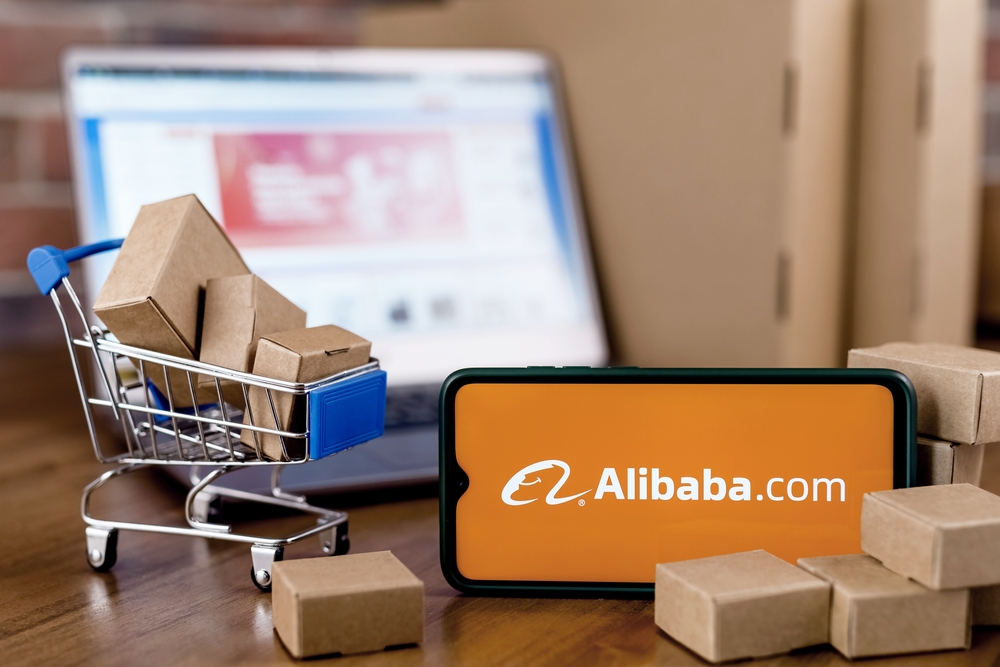Chinese e-commerce giant Alibaba Group Holding posted its fastest revenue growth in over a year, surpassing analyst expectations as it capitalizes on China’s artificial intelligence boom.
Strong Financial Performance
For the quarter ending in December, Alibaba’s revenue increased by 8% to 280.2 billion yuan ($38.38 billion) compared to the same period last year. Net income surged to 48.9 billion yuan ($6.71 billion). Following the earnings announcement, Alibaba’s U.S.-listed stock rose by over 12%.
Strategic Focus on Artificial Intelligence
In an earnings call, Alibaba CEO Eddie Wu revealed that the company plans to “aggressively invest” in artificial intelligence and cloud computing over the next three years, with planned spending expected to exceed its investments over the past decade.
“This quarter’s results demonstrated substantial progress in our ‘user first, AI-driven’ strategies and the re-accelerated growth of our core businesses,” Wu stated.
Wu emphasized that Alibaba’s AI strategy is focused on artificial general intelligence (AGI), which aims to match or surpass human intelligence and can self-learn. He described AGI as a “once-in-several-decades” opportunity for industry transformation and declared it Alibaba’s primary goal.
Competitive Landscape in China’s AI Sector
Alibaba’s strategic shift towards AI comes amid growing competition between the U.S. and China in the AI space. Chinese AI firm DeepSeek recently gained attention for developing an AI model that rivals those of leading U.S. companies while utilizing cheaper hardware.
Alibaba is among several Chinese tech giants racing to lead the AI industry. In January, it unveiled its latest Qwen AI models, which performed strongly in benchmark tests, solidifying its position among China’s AI leaders.
The company is also collaborating with Apple to integrate its AI technology into Chinese iPhones.
Cloud and International Commerce Growth
Alibaba’s cloud business saw a 13% increase in revenue year-over-year, marking its fastest growth rate in two years. The international commerce unit, which includes platforms like AliExpress and Lazada, grew by 32%, driven by strong cross-border business performance.
Regulatory Challenges and Revival
Alibaba was one of several Chinese tech firms impacted by a regulatory crackdown in 2020, which halted the IPO of its financial affiliate Ant Group. The company was later fined a record $2.8 billion for anti-monopoly violations, leading to co-founder Jack Ma’s retreat from public life and a slump in Alibaba’s stock price.
However, Beijing appears to have shifted its stance towards the tech sector, aiming for technology supremacy and self-sufficiency amid strained U.S.-China relations. President Xi Jinping recently met with top entrepreneurs, including Jack Ma, signaling renewed support for the industry.
Alibaba’s stock has surged by over 60% this year, with its U.S.-listed shares rising by 8.5% to $136.58 in morning trading.







